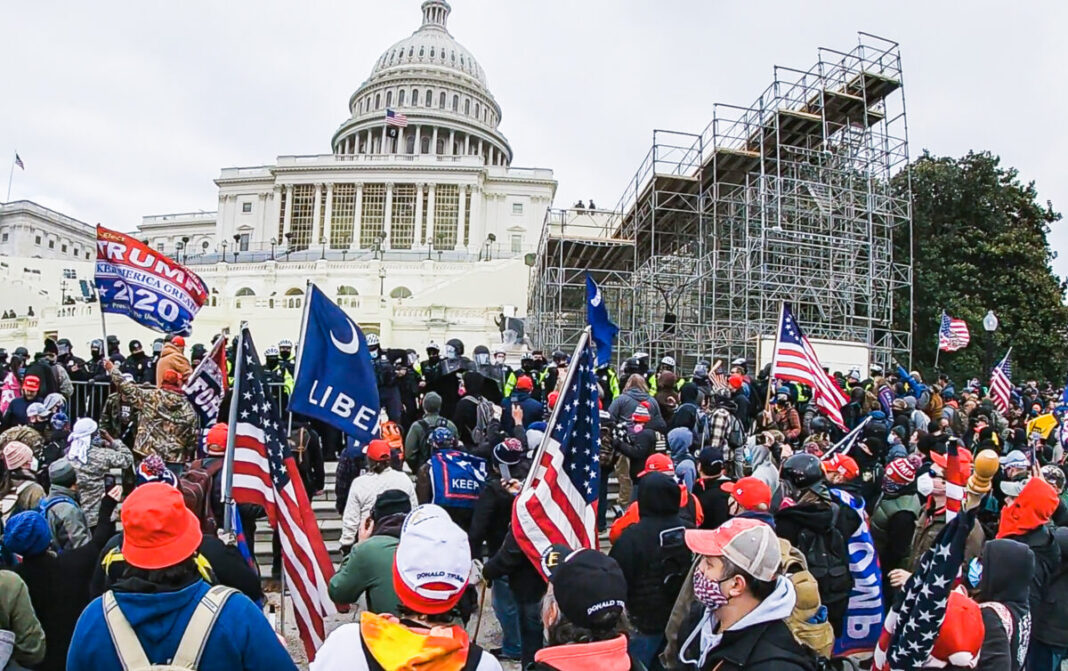Ranked-Choice Voting (RCV), also called Instant-Runoff Voting (IRV), is a complex election process where voters can rank multiple candidates for a single office.
A note about primaries
RCV legislation sometimes includes a change to a top-four or top-five “jungle primary,” where voters aligned with political parties do not get to choose their own party’s nominee. While often coupled with the change to RCV for the general election, the top-four or top-five primary process does not actually use RCV.
How RCV works
In an RCV election, if one candidate receives a majority of first-place votes, it works like any other election (the rankings are irrelevant). If no candidate receives a majority of first-place votes, then the candidate with the fewest first-place votes is eliminated. Ballots that ranked the eliminated candidate first are “adjusted” in one of two ways:
- If they ranked other candidates, their next-ranked candidate is moved up to get their first-place vote.
- If they did not rank other candidates, their ballot is eliminated (as if they had not voted at all).
This process is repeated until one candidate has a majority of the remaining votes. It relies on precise data entry and well-programmed computers—with more than just a few ballots, the RCV process is entirely dependent on computers to run the multiple rounds of adjustments and retabulation. (This is an example of the computer settings instructions for San Francisco.)
Not all RCV is the same
Note that the above is a description of the most commonly used RCV process. Laws and even election officials can alter this process, potentially changing the outcomes, such as by eliminating more than one candidate at once or changing how they treat over votes (giving more than one candidate the same ranking) or undervotes (skipping a ranking, for example, ranking candidates first, second, but then fourth).
Risks of Ranked-Choice Voting
Ranked-Choice Voting makes it harder to vote, harder to count the votes, and much harder to ensure a transparent and accountable democratic process.
RCV is harder for voters
In an RCV election, voters may get more power if they rank more candidates. But that means, rather than identifying one candidate to support, voters must research multiple candidates and form opinions about their relative preferences for as many as five or more. This benefits those who have more time and access to information—in short, RCV gives more power to elites while making it harder for everyone else.
An RCV ballot is also longer and takes more time for voters to complete. This means more delays and longer lines at polling places. It also creates many new opportunities to make a mistake, increasing the chances that a voter’s intent is not correctly recorded or that ballots are disqualified and discarded.
RCV is harder for election administrators
Special election equipment is necessary to scan ballots and tabulate votes in RCV elections. For some jurisdictions, this requires expensive updates and retraining of staff. RCV also means longer ballots that use more paper and take longer to scan. And the multiple rounds of tabulation cannot even begin until every single ballot is processed. For example, Alaska does not even begin tabulation in RCV elections until 15 days after Election Day.
RCV destroys transparency
RCV elections that require multiple rounds of tabulation rely on computers to make adjustments, or discard, ballots in each round. There is no way to quickly confirm the accuracy of the computer processes involved. This is why, in an RCV election in California, a data entry error went undetected and the wrong winner was certified.
RCV weakens accountability
A recount, sometimes by hand, is required to verify the results in close or questionable elections. RCV makes this more difficult, and in some cases could make it impossible. But RCV also makes it more likely, because each round presents a new opportunity for a close margin. The complexity of a multi-round RCV election, particularly if there are many candidates and hundreds of thousands of ballots, would make a hand recount impossible within the limited time required before certifying an election.









